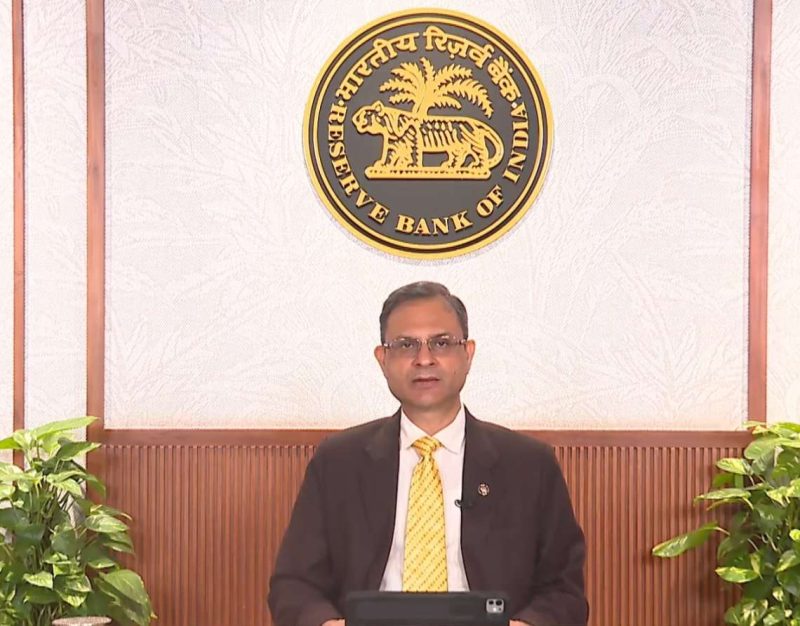A study conducted among 931 working respondents in the country between 9th and 15th June 2020 by YouGuv yields some surprising results when it comes to employee satisfaction.
There is a huge gap between employees from different sectors, these numbers reveal the true story.
When looking at the various sectors, there are stark differences in the levels of satisfaction. Considering an average satisfaction level of 55 percent, the levels are noticeably higher among employees working in the Education (66 percent) sector, followed by IT & telecom (62 percent) and Construction companies (57 percent).
Professionals in Retail (55 percent) and Manufacturing sectors (55 percent) reported average levels of satisfaction, but those in Finance/ Accounts (48 percent) and Media/ Marketing/ Advertising (42 percent) showed lower degree of satisfaction than the others.
On the other hand, 23 percent of all respondents said their employer’s treatment was ‘good’ and only 19 percent rated their treatment as ‘fair’ or ‘poor’. This proportion is considerably higher among those working in the Manufacturing and Retail industry (24 percent and 20 percent, respectively rating ‘Fair’ or ‘Poor’).

Who didn’t fare to well leading to many disgruntled employees?
When it comes to fast-food companies, a higher number find their behaviour poor rather than well- 48 percent compared to 37 percent.
Ratings of poor response are much higher for sectors such as Holiday & Travel companies (53 percent), Leisure Companies (52 percent) and Airlines (51 percent), where a majority described the behaviour of these companies as poor.
With regard to companies who have lost most of their day-to-day business, four in ten Indians believe that despite the circumstances employees should be kept fully employed and fully paid (40 percent). More than a quarter (26 percent), however, said employees should have their pay cut until normal work resumes. A small minority feel if necessary, some employees should be laid off altogether from their jobs (12 percent) or should be furloughed (11 percent).
When it comes to government action to ensure companies are better suited to handle any future crises, close to half think the government should make companies release an annual statement about how they can deal with a future pandemic (48 percent), and should make them pay into a fund designed to provide protection in the future (46 percent).
When asked about the behaviour of various sectors within the economy in response to the pandemic, residents were more likely to say that most of the sectors have behaved well rather than poorly.
The Pharmaceuticals sector (83 percent) leads among businesses perceived to have responded well to the pandemic, followed by Utilities (79 percent), Banks (76 percent) and Technology sectors (75 percent).
36 percent feel companies should pay more to have better insurance against such events, and an equal number (36 percent) believe the company directors should be personally made more accountable for the business’ ability to deal with such situations. Some (14 percent) feel that companies are not to blame, or already pay enough tax and have enough regulations.
Overall Indian employees are positive about how their employers have treated them during the COVID-19 pandemic, with 59 percent rating their company’s treatment of staff as ‘excellent’ (31 percent) or ‘very good’ (28 percent), says a research.









